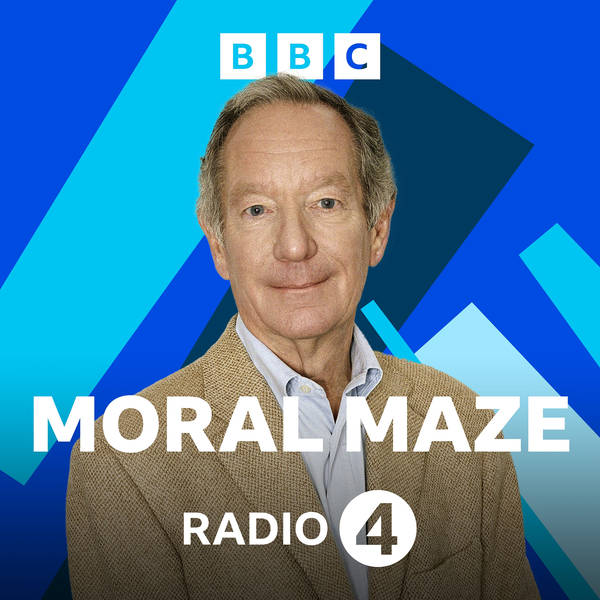
Football: a moral force for good?
Try telling the hordes of Manchester City fans heading to the Champions League final this weekend that the beautiful game has an ugly side. The team is on the verge of sealing an historic first Treble and glory awaits. Rival fans, however, claim they’ve bought success, with the wealth of their Abu Dhabi owners.
The eye-watering sums of money invested in top-flight football raises moral questions for all fans, some of whom may feel they are entering into a Faustian pact. Newcastle United’s recent takeover by an investment fund with strong links to the Saudi state, has prompted concerns about ‘sportswashing’ – a means by which ethically dubious regimes direct attention away from their poor human rights records. Some worry that the commercialisation and uneven distribution of wealth in the game has priced hardworking fans out of watching their team, while leaving some community clubs on the brink of insolvency. There is unease not just about the institution of football but about its culture. Across Europe, high-profile black players are targets of racist abuse, there are hardly any openly gay footballers and female officials are subjected to misogyny.
Others see football, on balance, as a moral force for good. Our society, they say, would be worse off without it. Far from encouraging a toxic tribalism, enthusiasts believe football brings communities together. They cite grassroots projects, funded by footballing authorities, clubs and individual players, which often go under the radar and transform people’s lives. For many fans, football is a language that knows no borders, and their home ground is a cathedral of collective transcendence. Football could be seen as a microcosm of life – the agony, the extasy, the drama, the messiness, the humanity – just ask the people of Wrexham, whose Hollywood owners, they believe, have not just injected money into their club, but meaning into their town.
Producer: Dan Tierney.
